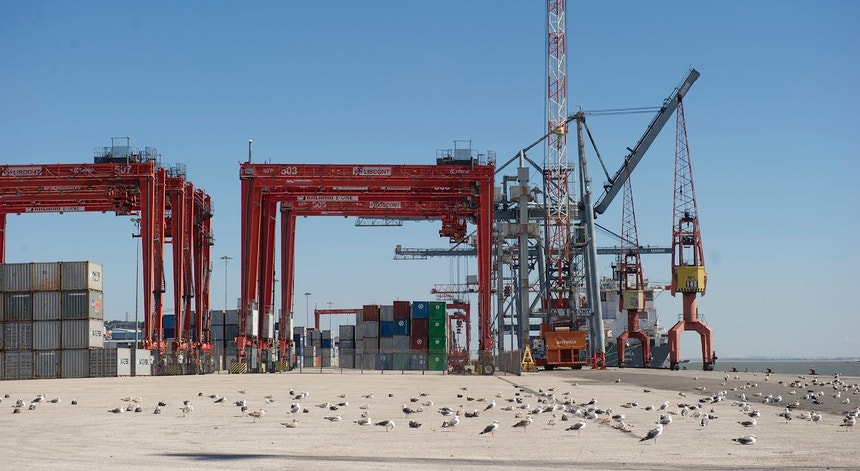Timely implementation of the REDR would promote green infrastructure and acquire healthy skills and capacities, and support sustainable growth, but it could also slow down inflation.
“Reforms and investments under the PRR have a strong potential to support growth,” says the OECD. “Ensuring full implementation of the RRP will maximize the benefits,” says the OECD.
Antenna 1
In the latest forecast, The International Monetary Fund expected a growth of 2.6 percent and the European Commission expected a growth of 2.4 percent. The government, in the stabilization program, has achieved an expected growth this year of 1.8 percent. That is, the Organization for Economic Co-operation and Development, Brussels and the International Monetary Fund are more optimistic than the Portuguese CEO and they have all recently revised their forecasts upwards.
Downward inflation rate
The organization estimates that inflation in Portugal will fall to 5.7 percent in 2023 and to 3.3 percent next year. This represents a 0.9 percentage point drop in the forecast for 2023. This compares with the 6.6 percent for this year and the 2.4 percent for 2024 projected in the November report.
However, they are more pessimistic than the government, which in the Stabilization Program estimates an inflation of 5.1 percent in 2023 and 2.9 in 2024.
The organization also notes that “phasing out energy subsidies, inflation and high growth of nominal GDP will help reduce public debt to about 103% of GDP in 2024.”
About two weeks ago, the European Commission estimated inflation at 5.1 percent this year, projecting a decline to 2.7 percent in 2024. The International Monetary Fund puts inflation at 5.6 percent for 2023.
“To maintain strong incentives for energy saving and the green transition, it will be increasingly important to target support to the most vulnerable households and to phase out energy support measures,” the Foundation recommends.
“Temporary fiscal support to mitigate the inflationary shock must be abolished,” The Organization for Economic Co-operation and Development concludes.
At the beginning of this year, he confirms that with the continued rise in energy and food prices and the continuation of interest rates, the growth of domestic demand has slowed and inflation is limiting purchasing power.
job
As for unemployment, the estimates are higher than those of the government and other international bodies. a The Organization for Economic Co-operation and Development estimates an unemployment rate of 7.4% this year and 7.5 in 2024.
“Employment will remain at an historically high rate and wages will accelerate,” the entity admits. “However, global consumer price inflation of 5.7 percent in 2023 and 3.3 percent in 2024 will reduce purchasing power and affect consumption growth,” he adds.
“Implementation of growth-supporting risk reduction rate (PRR) and renewable support measures in 2023 will help mitigate the inflationary shock to household purchasing power”Refers to the Organization for Economic Co-operation and Development.
“Continuing to improve access to quality childcare will allow more women to enter the labor market and help reduce disparities in the labor market,” he adds.
deficit and debt
The deficit should decrease, estimates the Organization for Economic Co-operation and Development. He notes that the Portuguese deficit will drop from 0.4 percent of GDP in 2022 to 0.1 percent this year and next, In line with spring estimates from Brussels.
The government indicates a budget deficit of 0.4 percent this year and 0.1 percent in 2024.
Public debt is expected to reach 106.2% in 2023 and 102.9% in the following year. Although it is below the level of 2019, the Organization for Economic Co-operation and Development warns that it is still the third highest level in the European Union.

“Wannabe internet buff. Future teen idol. Hardcore zombie guru. Gamer. Avid creator. Entrepreneur. Bacon ninja.”


